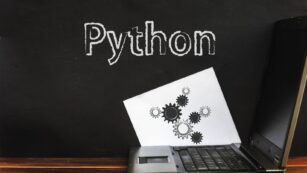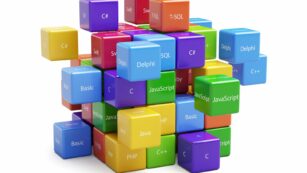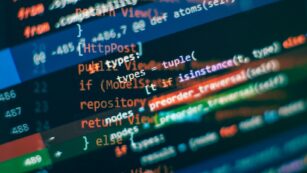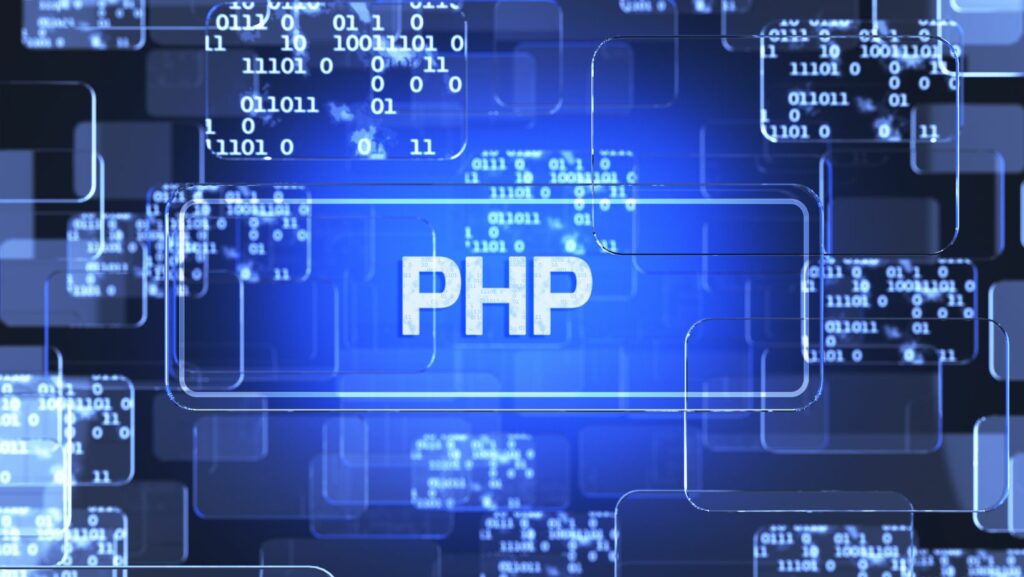Venturing beyond the basics of Python opens up a world of possibilities. As one transitions from beginner to intermediate, the language’s true power in automation, data analysis, and web development begins to unfold. This stage is crucial for those looking to deepen their understanding and enhance their coding skills.
Intermediate Python
Core Concepts Revisited
 Exploring intermediate Python requires revisiting and solidifying foundational concepts. Mastery of data structures, such as lists, dictionaries, sets, and tuples, is essential. One will understand not only how to use them but also when and why to choose one over another. For instance, dictionaries offer fast retrieval of data using keys, making them ideal for applications requiring quick access. Control structures in intermediate Python, including loops and conditional statements, enable more dynamic and responsive programming. Functions become more advanced with the introduction of *args and **kwargs for versatile argument handling in functions. This elevation in understanding paves the way for debugging more complex code and optimizing performance.
Exploring intermediate Python requires revisiting and solidifying foundational concepts. Mastery of data structures, such as lists, dictionaries, sets, and tuples, is essential. One will understand not only how to use them but also when and why to choose one over another. For instance, dictionaries offer fast retrieval of data using keys, making them ideal for applications requiring quick access. Control structures in intermediate Python, including loops and conditional statements, enable more dynamic and responsive programming. Functions become more advanced with the introduction of *args and **kwargs for versatile argument handling in functions. This elevation in understanding paves the way for debugging more complex code and optimizing performance.
Building on Basic Python Skills
Building on basic skills, intermediate Python programmers learn to integrate more complex algorithms and structures into their projects. They also focus on more efficient code. Techniques such as list comprehensions and generator expressions enhance readability and performance. Exception handling evolves from merely catching errors to anticipating potential points of failure and mitigating these risks programmatically. This skill set is crucial in developing robust applications. Furthermore, modules and packages are not just used; they are created, helping to organize code logically and efficiently. One example includes developing a custom module to handle specific database operations, which can simplify the maintenance and scalability of applications.
Exploring Data Structures in Intermediate Python
Lists, Tuples, and Dictionaries
 Understanding lists, tuples, and dictionaries forms the backbone of effective programming in intermediate Python. Lists allow mutable and ordered collections of items, suitable for scenarios requiring frequent adjustments to the data. Tuples, being immutable, ensure data integrity, which is crucial in applications where a constant data structure is necessary. Dictionaries offer key-value pairing for efficient data retrieval and are ideal for handling large datasets with dynamic access patterns.
Understanding lists, tuples, and dictionaries forms the backbone of effective programming in intermediate Python. Lists allow mutable and ordered collections of items, suitable for scenarios requiring frequent adjustments to the data. Tuples, being immutable, ensure data integrity, which is crucial in applications where a constant data structure is necessary. Dictionaries offer key-value pairing for efficient data retrieval and are ideal for handling large datasets with dynamic access patterns.
-
Lists provide flexibility in data manipulation, including operations like appending elements or sorting.
-
Tuples are used in Python to create read-only data points, such as fixed configurations or options.
Advanced Data Handling Techniques
Advanced data handling in intermediate Python leverages comprehensions, lambda functions, and map/reduce techniques to enhance code efficiency and readability. List comprehensions provide a concise way to create lists by iterating over iterable data types in a single, readable line. Lambda functions facilitate quick and simple creation of anonymous functions for a clean and efficient coding style.
-
Comprehensions in Python allow for the construction of new lists by applying an expression to each element in an existing list, e.g.,
[x for x in range(10) if x > 5]constructs a list of numbers greater than 5. -
Lambda Functions offer a streamlined approach to writing functions, reducing lines of code and increasing readability, e.g.,
sorted(players, key=lambda player: player.score). -
Map/Reduce Functions are utilized to apply a function to every item in an iterable and summarize the results, supporting complex data manipulation tasks.
Effective Use of Libraries and Frameworks
 Building on intermediate Python skills, developers gain significant advantages by effectively using various libraries and frameworks. Libraries such as NumPy and Pandas facilitate advanced data analysis, while frameworks like Django support robust web application development. NumPy offers comprehensive mathematical functions and array operations essential for data-intensive computations. Pandas provides high-level data structures and functions designed to make data analysis fast and easy. Using Django, developers create secure, scalable web applications more rapidly than using Python alone. Mastery of these tools enhances productivity and expands the scope of potential projects in intermediate Python programming.
Building on intermediate Python skills, developers gain significant advantages by effectively using various libraries and frameworks. Libraries such as NumPy and Pandas facilitate advanced data analysis, while frameworks like Django support robust web application development. NumPy offers comprehensive mathematical functions and array operations essential for data-intensive computations. Pandas provides high-level data structures and functions designed to make data analysis fast and easy. Using Django, developers create secure, scalable web applications more rapidly than using Python alone. Mastery of these tools enhances productivity and expands the scope of potential projects in intermediate Python programming.
Debugging and Error Handling
Mastering intermediate Python not only boosts your ability to tackle complex problems but also prepares you to handle debugging and error management effectively. As you dive deeper into Python’s capabilities, you’ll discover that efficient error handling is crucial for building robust applications. This skill set ensures that you can maintain and improve code with confidence, leading to more dynamic and error-resistant software development. Embrace these challenges as stepping stones to becoming a proficient Python programmer and watch as new opportunities unfold in your coding journey.


